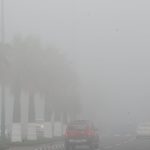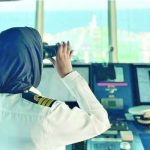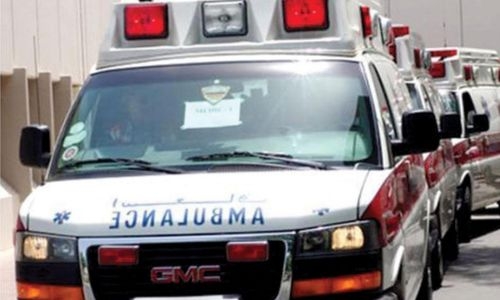Bahrain’s emergency services were kept busy throughout the months of July and August, with the Ministry of Interior reporting a staggering number of calls to the Emergency Operations Centre. In August alone, there were 15,402 calls, just slightly less than the 16,751 calls received in July. Patrol units responded to 17% of the calls in August, with the majority being urgent emergencies. Traffic incidents made up 28% of the calls, while security issues accounted for 5%.
The Coast Guard had a significant role to play in August, managing 131 incidents which included 36 assistance calls, 20 maritime accidents, and an impressive 75 search and rescue operations. This demonstrates their dedication to protecting lives at sea. The National Ambulance Service was also kept on high alert, responding to 4,774 calls in August. Their response included medical emergencies, patient transports from private facilities, miscellaneous incidents, and fire-related emergencies. The growing number of traffic accidents, with 344 reported in August, highlight the challenges on Bahrain’s roads.
The figures from July tell a similar story of high demand on Bahrain’s emergency services. The Emergency Operations Centre received a total of 16,751 calls, with patrol units attending to 13% of them. Emergency situations made up 66% of the calls, while traffic incidents and security concerns accounted for 28% and 6% respectively. The Coast Guard handled 148 calls in July, with 89 search and rescue operations, 21 maritime accidents, and 38 assistance requests. The National Ambulance Service responded to 4,646 calls in July, with the majority being medical emergencies.
The consistency in high call volumes in both months highlights the essential role that Bahrain’s emergency services play in ensuring the safety and well-being of the public. Despite the increasing demand, these services continue to rise to the occasion and provide timely assistance to those in need. The dedication and commitment of the Coast Guard and National Ambulance Service are evident in their swift responses to emergencies and their efforts to save lives. The high number of traffic accidents also indicate the need for greater awareness and safety measures on Bahrain’s roads.
In conclusion, the high call volumes received by Bahrain’s emergency services in July and August underline the vital role that they play in protecting the public. The challenges faced by these services, including traffic accidents, security concerns, and medical emergencies, highlight the need for continued support and resources to ensure the safety and well-being of the community. The dedication and commitment of the Coast Guard and National Ambulance Service are commendable, as they work tirelessly to respond to emergencies and provide assistance when needed. The public can rest assured knowing that Bahrain’s emergency services are always ready to respond to any situation and provide the necessary support.











